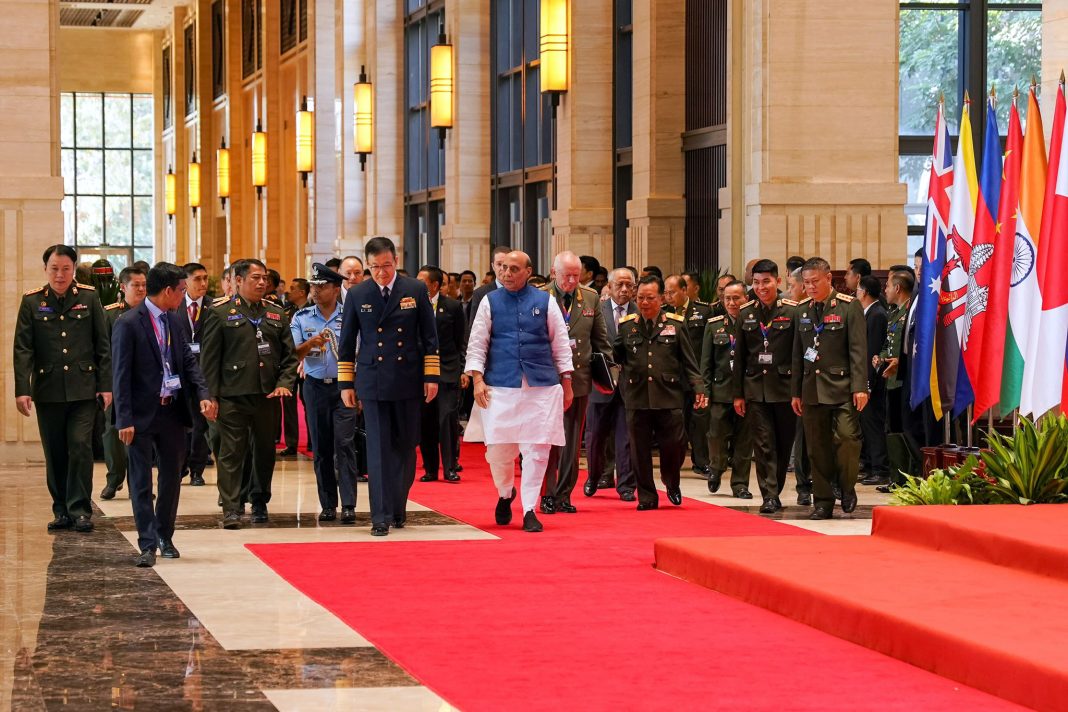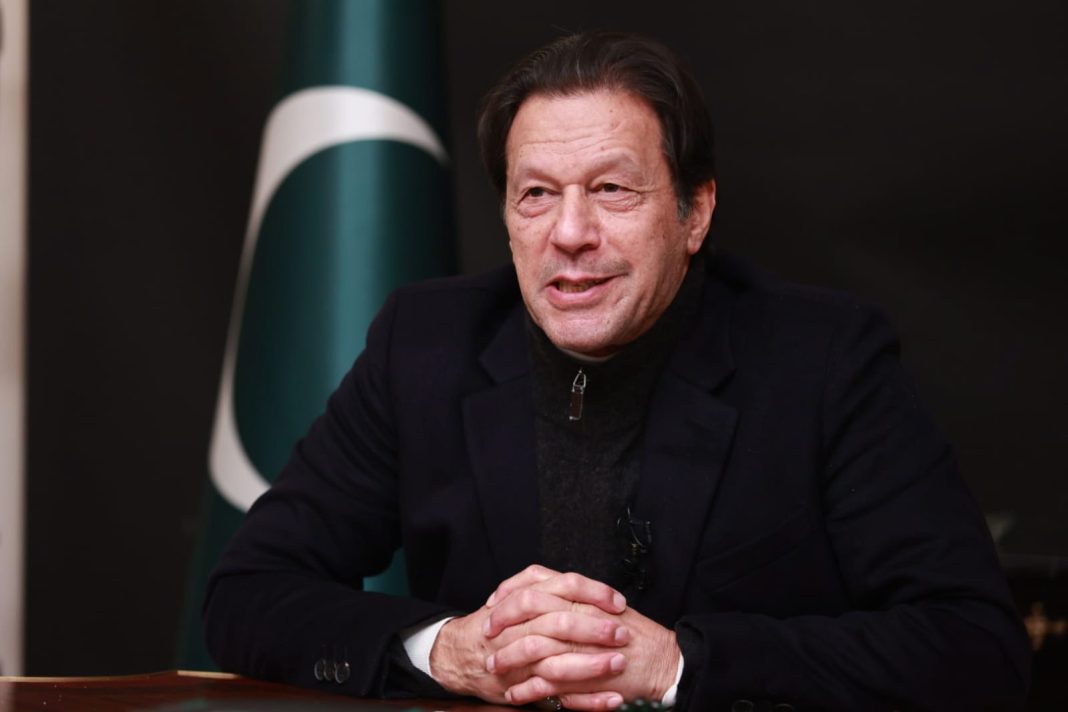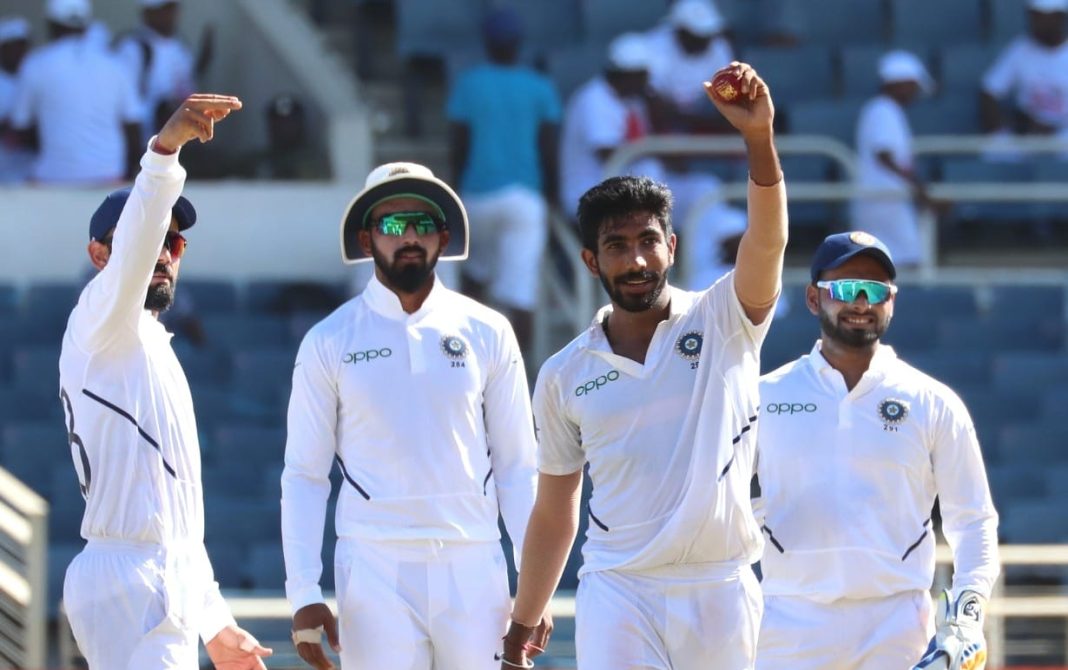New Delhi, Nov 21: The world should embrace Buddhist doctrines to find solutions to the ongoing conflicts and challenges to the international order, Defence Minister Rajnath Singh said on Thursday at a regional security conclave in Laos.
India has always advocated and practised dialogue for resolving complex international issues and its approach to a wide range of international challenges from border disputes to trade agreements.
The defence minister made the remarks at the conclave of 10-nation ASEAN grouping and some of its dialogue partners, held in Vientiane, the capital city of Laos.
“With the world increasingly getting polarised into blocks and camps, leading to increasing strain on the established world order, it is time that the Buddhist doctrines of peaceful co-existence are embraced more closely by all,” he said.
“Following these principles, India has always advocated and practised dialogue for resolving complex international issues,” he said.
With his counterparts from a number of countries, including China’s Dong Jun listening, he said India’s commitment to open communication and peaceful negotiation is evident in its approach to a wide range of international challenges, including border disputes.
“An open dialogue promotes trust, understanding, and cooperation, laying the foundation for sustainable partnerships. The power of dialogue has always proven effective, yielding tangible results that contribute to stability and harmony on the global stage,” he said.
On the situation in the Indo-Pacific, Singh said India stands for freedom of navigation and overflight, unimpeded lawful commerce and adherence to international law.
“On the ongoing discussions on the Code of Conduct, India would like to see a Code that should not prejudice the legitimate rights and interests of nations, which are not party to these discussions,” he said.
His comments on the Code of Conduct for the South China Sea came amid various countries in the region pushing for it against the backdrop of China’s increasing military muscle-flexing in the region.
“The code should be fully consistent with international law, in particular the UN Convention Law of Sea 1982,” he added. (PTI)




